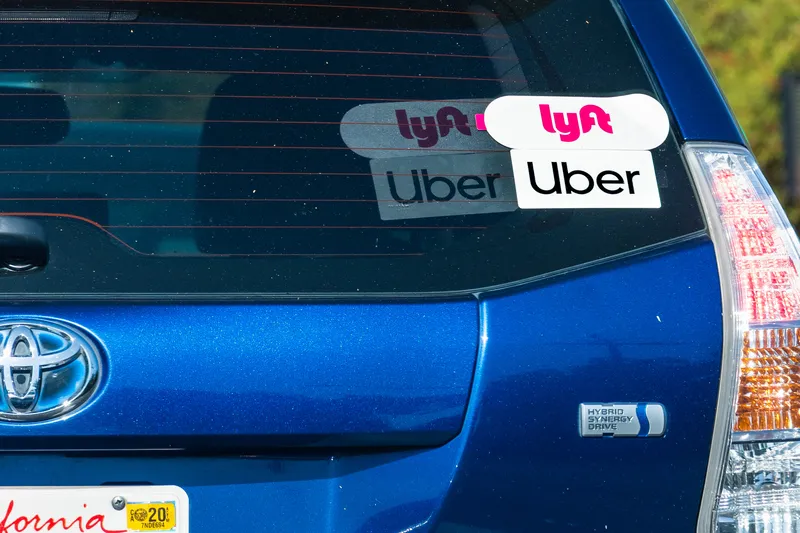Car and ride sharing is just one example of the new on-demand economy allowing real-time matching of supply and demand through connected smartphone applications. According to ABI Research, successive forms of vehicle sharing approaches represent paradigm shifts in uptake and popularity; each new generation seeing adoption rates at least an order of magnitude larger than the previous: Car sharing 1.0 - street rental service: Cars parked on the street can be located, unlocked, used, and left behind. Examples
March 12, 2015
Read time: 2 mins
RSSCar and ride sharing is just one example of the new on-demand economy allowing real-time matching of supply and demand through connected smartphone applications. According to 5725 ABI Research, successive forms of vehicle sharing approaches represent paradigm shifts in uptake and popularity; each new generation seeing adoption rates at least an order of magnitude larger than the previous:
Car sharing 1.0 - street rental service: Cars parked on the street can be located, unlocked, used, and left behind. Examples include3874 Zipcar, 4190 car2go and 6452 DriveNow.
Car sharing 2.0 - ride sharing taxi service and carpooling: Private drivers picking up customers using their privately owned vehicles. Examples are Uber, Lyft, Sidecar, Carpooling.com and BlaBlaCar.
Car sharing 3.0 - robotic car service: Driverless cars which can be called remotely and used without a driver on board.
“While 1.0 allows sharing vehicles from a centrally managed fleet and 2.0 leverages the personal vehicles of individuals, 3.0 will combine both models—a hybrid between the old economy of official fleets and the new sharing economy, firmly rooted in the crowd sourcing paradigm. While Uber-like 2.0 services already start challenging car ownership, only the third generation of shared driverless cars will propel the ‘car as a service’ paradigm into the mainstream hereby transforming the automotive industry,” says VP and practice director Dominique Bonte.
In the meantime, the report says pioneering car sharing 2.0 companies like Uber are operating at the ‘edge of the law’, facing multiple regulatory, legal, social, security and safety challenges, thereby pushing reforms and paving the way for the new car sharing ecosystem of the future.
Uber’s surge pricing approach, adopting higher rates during peak times incentivising more Uber drivers to take to the road and guaranteeing availability, also risks being banned. It is just another example of innovation ahead of its time, using dynamic demand-response pricing as an effective transportation and traffic management instrument.
Car sharing 1.0 - street rental service: Cars parked on the street can be located, unlocked, used, and left behind. Examples include
Car sharing 2.0 - ride sharing taxi service and carpooling: Private drivers picking up customers using their privately owned vehicles. Examples are Uber, Lyft, Sidecar, Carpooling.com and BlaBlaCar.
Car sharing 3.0 - robotic car service: Driverless cars which can be called remotely and used without a driver on board.
“While 1.0 allows sharing vehicles from a centrally managed fleet and 2.0 leverages the personal vehicles of individuals, 3.0 will combine both models—a hybrid between the old economy of official fleets and the new sharing economy, firmly rooted in the crowd sourcing paradigm. While Uber-like 2.0 services already start challenging car ownership, only the third generation of shared driverless cars will propel the ‘car as a service’ paradigm into the mainstream hereby transforming the automotive industry,” says VP and practice director Dominique Bonte.
In the meantime, the report says pioneering car sharing 2.0 companies like Uber are operating at the ‘edge of the law’, facing multiple regulatory, legal, social, security and safety challenges, thereby pushing reforms and paving the way for the new car sharing ecosystem of the future.
Uber’s surge pricing approach, adopting higher rates during peak times incentivising more Uber drivers to take to the road and guaranteeing availability, also risks being banned. It is just another example of innovation ahead of its time, using dynamic demand-response pricing as an effective transportation and traffic management instrument.








